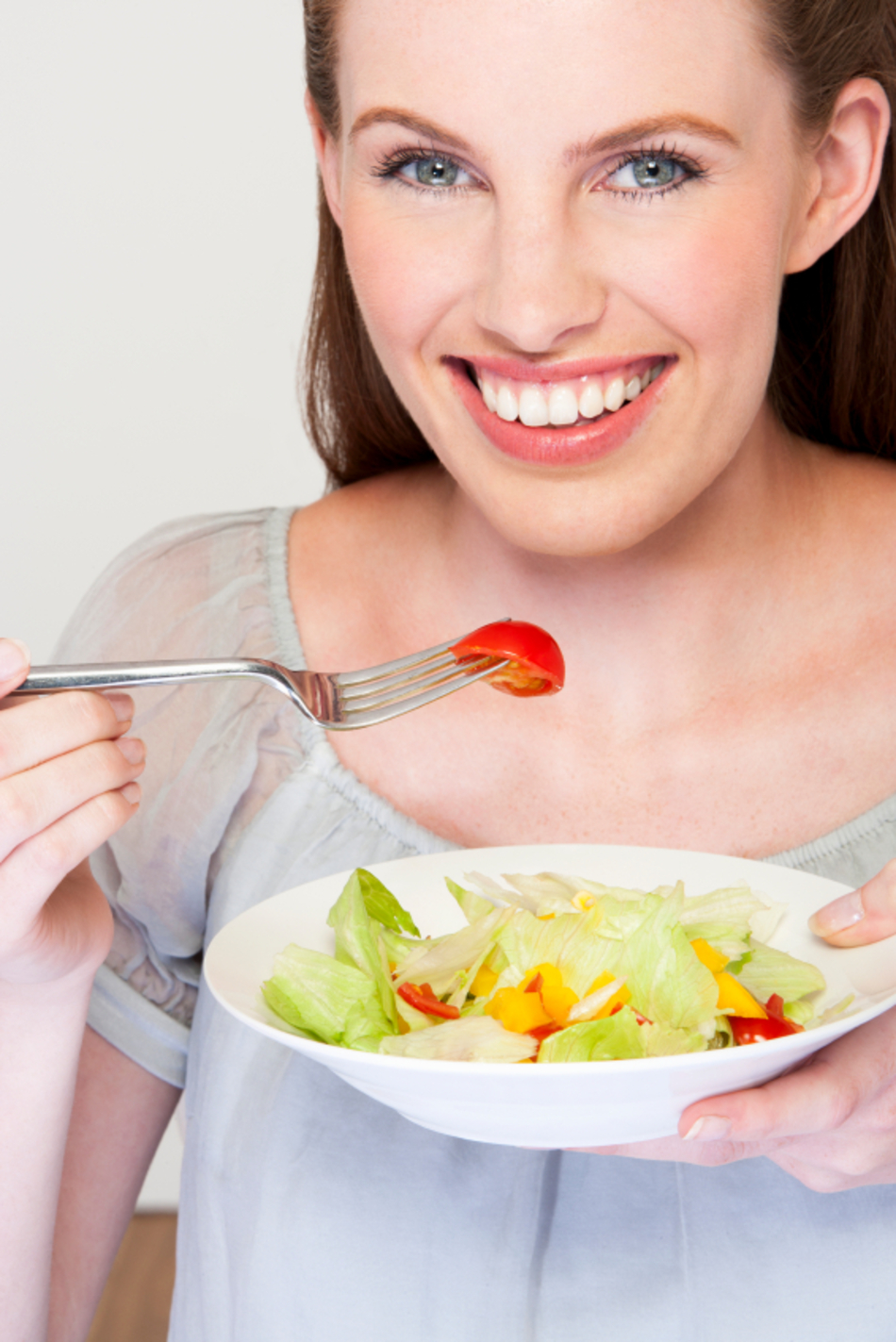
Episode Transcript
Interviewer: Chewing your food. Is it as important as your mom said it is? We're going to find out next on The Scope.
Man: Medical news and research from University Utah physicians and specialists you can use for a happier and healthier life. You're listening to The Scope.
Interviewer: How important is chewing your food well, really, and what does that even mean? We're with Staci McIntosh. She's a registered dietitian and Assistant Professor at the Department of Nutrition at the University of Utah. How important is chewing your food?
Staci McIntosh: Chewing your food is important. It's the first step of mechanical digestion. It's important for not getting choked when you swallow.
Interviewer: That is important.
Staci McIntosh: More importantly, though, is taking your time throughout the meal however you do that. If you want to swallow your food whole and then take five minutes before you eat another bite, or if you want to chew your food 100 times before you take another bite.
Interviewer: Oh, okay. So, take your time. Why would I take my time? What's the purpose behind that?
Staci McIntosh: Because it takes about 20 to 25 minutes for the hormones in your body to reach your brain to tell you that you're full. If I eat an entire Big Mac meal in five minutes, that's not enough time for my brain to register when I'm full, but if I take 30 minutes to eat my dinner, then my brain is going to know that I'm full well before I finished that same amount of food.
Interviewer: So, inhaling your food is bad because you will overeat every time, it sounds like.
Staci McIntosh: Mm-hmm.
Interviewer: Let's talk about chewing as far as digestion is concerned. I've heard 20, 25 times per bite? You kind of rolled your eyes a little bit there.
Staci McIntosh: Our digestive system is really amazing.
Interviewer: Yeah.
Staci McIntosh: Our stomach, our small intestine will continue to go through all the muscular motions of mechanical digestion. The enzymes are going to get in there and will break apart the food [inaudible 1:46] the surface area until it eventually digests it all. Food doesn't just go through the system without being digested, nor does it sit there forever without being digested. It will eventually be digested. The more you chew it up, the less mechanical work your gut has to do.
Interviewer: What about nutritional assimilation in the body? The more that you chew, do you get more nutritional value.
Staci McIntosh: No.
Interviewer: No, really?
Staci McIntosh: No.
Interviewer: That's a myth?
Staci McIntosh: That's a myth. You will liberate some of the B vitamins from fiber a little bit more, early on, but we have a pretty good record in our gut of absorbing 95-99% of all the macronutrients--carbs, fats, and protein--and, much to a lesser degree, for the micronutrients--the vitamins and minerals--but, whether or not you chew five times or 25 times is not going to make that much of a difference.
Interviewer: So, just chew enough to get it down is the minimum, and if you enjoy it do it more?
Staci McIntosh: Sure.
Interviewer: So then I don't need to swish soft foods around in my mouth, like a banana or something, to mix it with the saliva?
Staci McIntosh: No, no.
Interviewer: You didn't like that too much.
Staci McIntosh: No, I can't imagine swishing a banana around in my mouth.
Interviewer: So, at the end of the day, it sounds like the amount of times that I chew my steak doesn't matter too much.
Staci McIntosh: Again, there is a big difference and there is statistical significance in studies that show the longer you take to consume your meal overall will make a difference in your satiety and your overall amount of calories consumed.
Interviewer: Gotcha.
Staci McIntosh: Whether you do that by taking longer to chew your food or if you take longer just in between bites, it's not going to make that much of a difference. I would certainly recommend that people chew their food appropriately, but counting the number of times you chew your food is a little obsessive.
Interviewer: I'm glad to hear that. So, it's more about just caloric intake than anything else?
Staci McIntosh: Caloric intake and the time. Your time will affect your caloric intake overall, but when it comes down to it, it is the caloric intake.
Man: We're your daily dose of science, conversation, medicine. This is The Scope, University of Utah Health Sciences Radio.